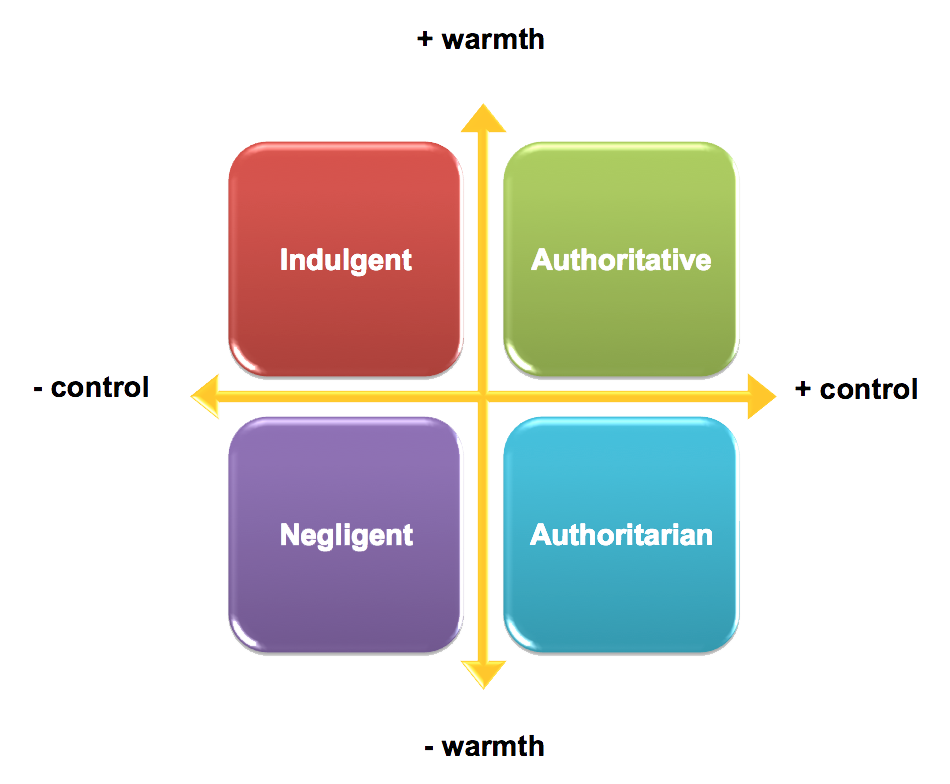
Did you know… Internet parenting style
The internet parenting styles are the overall pattern of parental interaction characteristics with the child, considering the dimensions of the parental control (e.g., supervision and set rules) and the parental warmth (e.g., responsiveness, support). As a result of this combination between both dimensions, the 4 parenting styles are:

AUTHORITATIVE (if high parental control and high parental warmth)
Authoritative parents set rules for the online activities of their children, and they monitor it, correcting negative behaviors and rewarding positive behaviors.
Communication between authoritative parents and their children is clear and open, based on mutual respect.
Authoritative parents interact with their children with warm and affection and are responsive to their children needs.
AUTHORITARIAN (if high parental control and low parental warmth)
Authoritarian parents are more rigid and establish strict rules for the internet use, regardless of any child participation. Usually, authoritarian parents do not value dialogue and autonomy.
INDULGENT/PERMISSIVE (if low parental control and high parental warmth)
Indulgent parents, as opposed to authoritarian, do not set rules or limits for the child use of internet.
Typically, indulgent parents are excessively tolerant, allowing the child to monitor their own online behavior and activities. Indulgent parents are affective, communicative and receptive to their children internet usage, tending to satisfy any demand that the child present.
NEGLIGENT/LAISSEZ-FAIRE (if low parental control and low parental warmth)
Negligent parents are neither responsive nor demanding, regarding their children’s use of the internet.
Frequently, negligent parents show little involvement with the child's internet usage and not monitor their online activities. While indulgent parents are involved with their children internet use, neglectful parents are often focused on their own online activities.

This project has been funded with support from the European Commission. This publication reflects the views only of the author, and the Commission cannot be held responsible for any use which may be made of the information contained therein.

